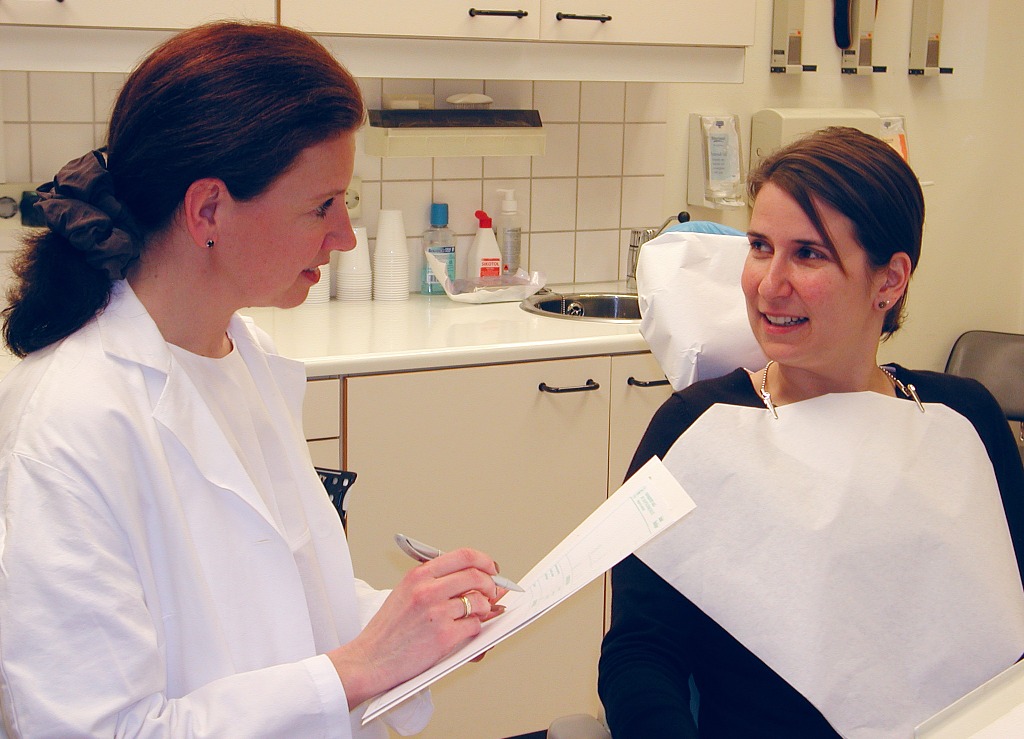General anamnesis


Investigation of a new patient always begins with the history: general medical and dental history, and the specific dental history. The purpose of taking a medical history is to determine the patients general health status in order to evaluate whether there is something that may affect the indications/ contraindications, diagnosis or prognosis of the treatment.
Areas to be covered by the general medical history include the following:
- present and previous heart diseases
- diseases of the circulatory system
- any other present or previous diseases of the lungs, liver, kidneys, brain
or
other organs
- malignancies
- previous or planned radiation therapy in the head and neck region
- hormonal disorders (such as thyrotoxicosis)
- diabetes
- present and previous systemic and local medication
- possible allergies
- viral diseases such as AIDS, viral hepatitis, herpes
- neurologic diseases (neuralgia, neuritis, neuropathy)
- previous and known future operations (e.g. artificial joints)
- previous complications in dental treatment
- previous experience of dental treatment
- the name and contact information of the patients physician
It is important to remember, however, that there are no clear contraindications
to endodontic treatment arising from the patients general medical history.
In fact, sometimes other forms of dental treatment may be contraindicated
but not endodontics (e.g. extraction is usually contraindicated after radiation
therapy in the involved area while endodontic therapy is not).
The general medical history may be of great value in diagnosis, and is,
in special cases, important for planning the treatment, selection of local
anaesthetics, use and selection of possible systemic antibiotic therapy
and other medications.